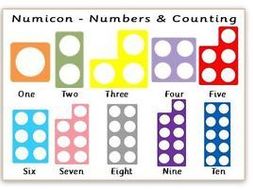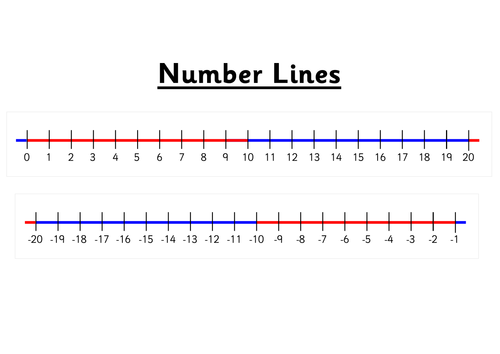Generosity
Respect
Aspiration
Community
Excellence
Maths
Curriculum statement of intent
Maths is an integral life skill.
We are committed to ensuring that children are able to recognise the importance of Maths in the wider world and that they are also able to use their mathematical skills and knowledge confidently in their lives in a range of different contexts. We want all children to enjoy Mathematics and to experience success in the subject, with the ability to reason mathematically. We are committed to developing children’s curiosity about the subject, as well as an appreciation of the beauty and power of Mathematics.
Implementation
The National Curriculum for Maths is divided into several main areas. These include number and place value calculations, measures, shape and statistics. Links between the different areas are made and drawn out. For instance, fractions will be taught under number and calculation but will be used with measures, shape and statistics.
Children are expected to develop fluency, reasoning and problem solving.
Maths is taught every day using a Maths Mastery approach. The scheme of work that we use for this is Power Maths. Maths also used in other subject areas, particularly science and humanities. All objectives are taught first through using concrete apparatus. This may include equipment such as multilink, numicom, tens frames etc which allow children to see and understand Maths in an every day context. We then use visual pictures and cues such as arrays to help the children move to a more abstract understanding of Maths. At all stages, children are encouraged to explain their thinking using mathematical terms and to apply new knowledge in different contexts. Children may work at times in mixed ability pairs or in single ability groups to support their learning.
Children with additional needs are supported by programmes such as Plus One or Catch up.
All key stage 2 children are set homework to practice their times tables and this is supported by
the Rock Stars Times Tables computer games. Key stage 1 children are encouraged to practice number bonds and using maths in every day situations such as cooking
Maths policies
What is our maths mastery approach?
Maths Progression of Skills
Enrichment activities to support maths learning at home

In maths, parents can help children succeed by helping children to practice concepts learnt at school to achieve fluency and ease. Parent's can also provide practical opportunities to apply maths such as adding and subtracting money in terms of " What can I afford with my pocket money?" learning to weigh and measure capacity in cookery, learning to tell the time on analogue and digital clocks and use calendars and timetables.
On this page are some websites which can help your child achieve fluency by practising basic skills. Particularly important are:
- recognising place value
- adding to and subtracting from 10, 20 and 100
- learning to multiply and divide with times tables.
- learning fractions and decimals
In the first list, the games are in order of difficulty and there is some overlap between key stage 1 and 2 games.
Below the games is are short guides for parents on helping your child with basic skills.
Further on down the page you will find tutorial videos. These are designed to help you understand what your child is learning, rather than to be used directly by your child.
Supporting children with additional needs with their maths learning


Parent guide to learning times tables
Print off at home worksheets
But how do they learn that at school?

What resources are used to support maths learning at St Margaret's?

 dienes
dienes tens frame
tens frame
 multiink
multiink
Visual images



